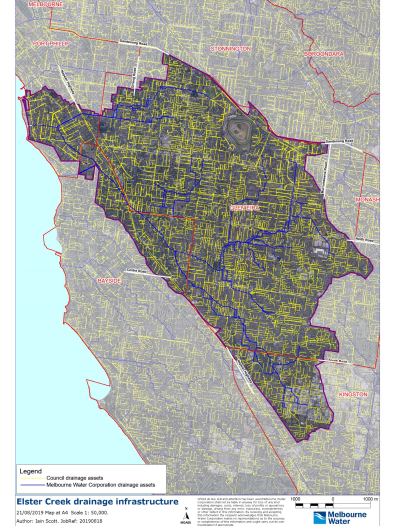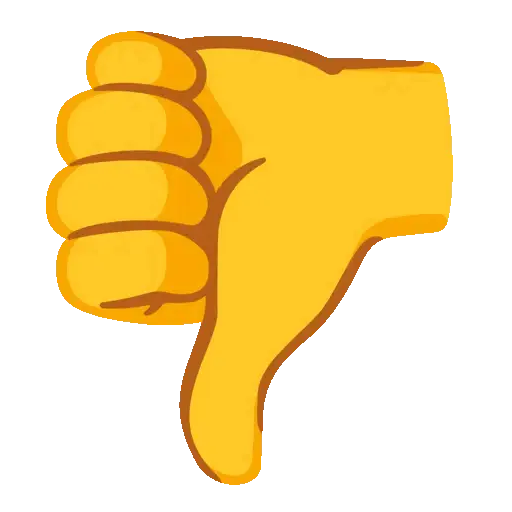We’re delivering a whole-of-catchment litter action plan, in collaboration with Glen Eira City Council, Bayside City Council, City of Port Phillip and the Environment Protection Authority Victoria.
Why this project is important
The Elster Creek Catchment is an urbanised area that drains through Elster Creek into Port Phillip Bay.
In all urban catchments, litter management is an ongoing challenge. Rain or winds carry litter from shopping strips, parklands, construction sites and industrial areas into local drains that connect to our waterways.
To protect our waterways and bay environment, it doesn’t make sense to simply ‘catch litter at the end’. Instead, we must stop litter at the source – preventing it from getting washed into our stormwater drainage systems in the first place.
Project overview
Through this collaboration we’ve established a working group, led by Glen Eira City Council. This group will deliver a whole-of-catchment Litter Action Plan to help reduce litter entering Port Phillip Bay through Elster Creek.
To help inform the action plan, we conducted an analysis of litter being generated across the catchment. This included:
- where it comes from
- how it’s transported
- what management measures are already in place (and how well they are working)
- identifying the best-bet improvements and new solutions.
Using this information and through community group consultation, a draft Elster Creek Litter Action Plan has been developed.
Supporting activities
While we finalise the Litter Action Plan, collaboration partners are also investing in shorter-term actions to improve litter management in the catchment.
- Melbourne Water has increased the frequency of manual litter collection along Elster Creek/Elwood Canal.
- Melbourne Water is progressing the modelling and design of a litter collection boom, proposed to be installed near Murphy Street.
- Melbourne Water has reviewed the function of the two existing litter traps in the downstream section of Elster Creek, to understand any future improvements that could be made.
- Glen Eira City Council is auditing the gross pollutant traps around the municipality to identify priority renewals or repairs.
- Further stages are being delivered for the Chain of Ponds and wetland systems in Yalukit Willam Reserve, which will filter out litter from any stormwater travelling from the Bayside municipality.
Project timeline
February - August 2024
- Developed project plan
- Appointed consultant to audit existing gross pollutant traps in Glen Eira and review litter trap effectiveness in the Elster Creek catchment
- Established a working group with key partners of the Elster Creek Litter Collaboration
- Engaged a consultant to undertake a whole of catchment litter analysis functioning of existing litter traps
- Collated all existing data on current litter accumulation and management
- Analysed data to identify key litter types, hotspots, transmission pathways, and accumulation points
- Validated findings through engagement with on-ground operators and community groups.
September 2024 - February 2025
- Assessed the effectiveness of existing litter management infrastructure and maintenance practices
- Developed infrastructure and maintenance improvement recommendations from the whole-of-catchment analysis
- Working group reviewed consultant recommendations
- Frequency of Melbourne Water litter runs increased to weekly (commencing in February 2025 as part of an on-ground intervention)
- Elster Creek Litter Action Lead role appointed and commenced – hosted by Collaboration partner Glen Eira City Council.
March – October 2025
Glen Eira Litter Action Lead coordinated development of draft Litter Action Plan. This included consultation workshops with Collaboration Working Group and community groups to inform the draft Plan.
November 2025 – February 2026
Broader community engagement on the draft Elster Creek Litter Action Plan from 6 November to 14 December. Feedback considered and Action Plan finalised followed by endorsement of the Plan by each partner.




